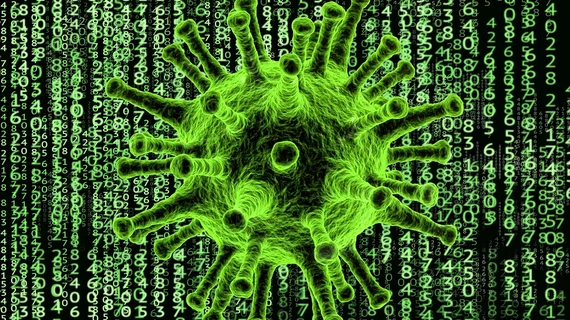American College of Cardiology comments on use of cardiac imaging to detect COVID-related heart damage
The American College of Cardiology (ACC) has said its members are “closely following” recent research exploring the use of cardiac imaging to detect myocarditis in recovered COVID-19 patients.
While some studies, including an analysis published in JAMA Cardiology, have explored the role cardiac MR imaging can play in detecting myocarditis, such work requires asymptomatic patients to undergo imaging examinations as well.
This doesn’t sit well with some specialists, including a group that penned an open letter saying as much. The letter, dated Sept. 9, can be read here.
The ACC is waiting until more information is available before taking a stance one way or another, and it did urge cardiologists and other healthcare providers to “provide better insight” through thorough clinical studies.
The group did emphasize the continued importance of prevention—and keeping an eye on patients' health even after they have recovered from COVID-19.
“These reports further underscore how important it is for all patients, and particularly those with cardiac disease, to take every measure to prevent COVID-19 infection, including consistent handwashing, mask wearing, and social distancing,” according to a statement on the ACC’s website. “For patients who have recovered from COVID-19, the College encourages vigilance for any unusual symptoms (e.g., shortness of breath, fatigue, chest pain) and to seek care for further evaluation.”

